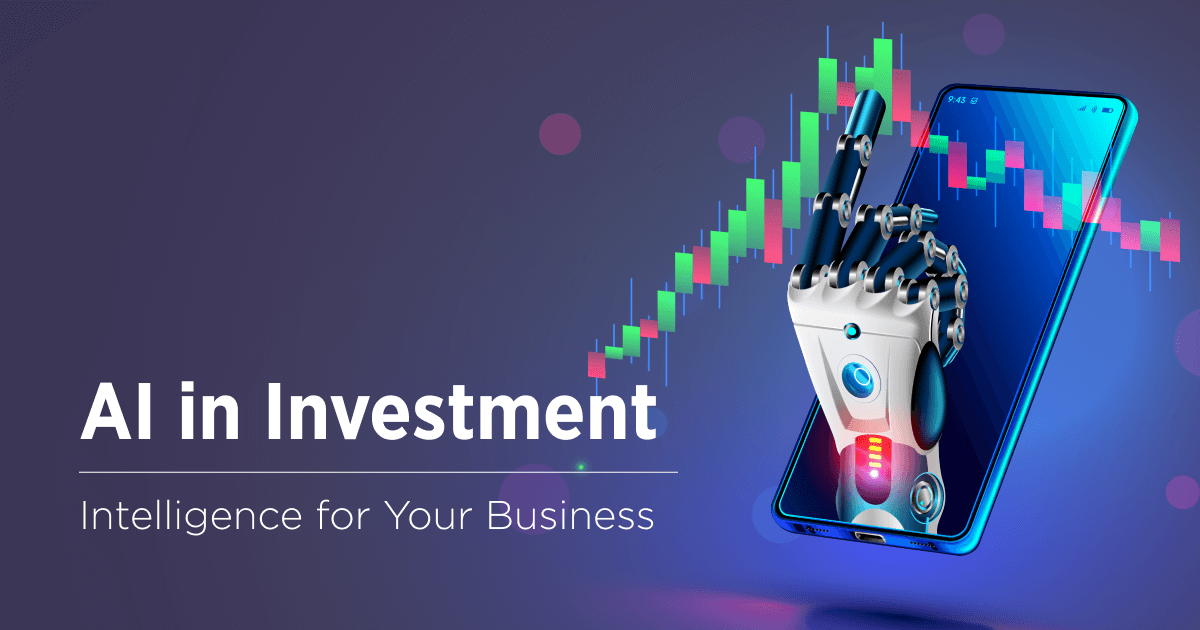Introduction:
Artificial Intelligence (AI) has emerged as a transformative force, reshaping industries and driving innovation across the globe. Organizations are increasingly integrating AI technologies into their operations to enhance efficiency, improve decision-making processes, and gain a competitive edge. However, the rapid adoption of AI also brings forth unique challenges, particularly in ensuring the reliability, security, and ethical use of these advanced systems. In this comprehensive article, we delve into the concept of AI assurance—strategies, best practices, and methodologies designed to safeguard your AI investments and maximize their potential.

I. The Landscape of AI Investments:
A. The Rising Importance of AI:
- Overview of the Current AI Landscape: Explore the current state of AI adoption across industries and its impact on business processes, productivity, and innovation.
- Investment Trends: Analyze the global trends in AI investments, focusing on key sectors, geographical regions, and the factors driving the surge in funding.
B. The Stakes in AI Investments:
- Economic Impacts: Examine the economic ramifications of AI investments, including job creation, market expansion, and potential risks associated with over-reliance on AI.
- Competitive Advantage: Discuss how AI investments contribute to gaining a competitive advantage, with examples from successful AI-driven companies.
II. Challenges in AI Implementation:
A. Technical Challenges:
- Ensuring Model Accuracy: Highlight the importance of accurate AI models and the challenges associated with achieving and maintaining high accuracy rates.
- Scalability Issues: Discuss scalability challenges when deploying AI solutions across large datasets and complex infrastructures.
B. Ethical Considerations:
- Bias and Fairness: Explore the ethical concerns related to bias in AI algorithms and the importance of fairness in decision-making processes.
- Transparency and Explainability: Address the need for transparent AI systems and the challenges of explaining complex AI decisions to stakeholders.
C. Security and Privacy:
- Cybersecurity Risks: Discuss the cybersecurity threats associated with AI systems and strategies to protect against potential breaches.
- Privacy Concerns: Examine the privacy implications of AI technologies, including data collection, storage, and usage, and the importance of compliance with regulations.
III. AI Assurance Strategies:
A. Model Validation and Testing:
- Rigorous Testing Protocols: Discuss the significance of thorough testing procedures to ensure the reliability and robustness of AI models.
- Continuous Monitoring: Explore the importance of continuous monitoring to identify and address performance issues or deviations from expected outcomes.
B. Ethical AI Frameworks:
- Implementing Ethical Guidelines: Provide insights into the development and implementation of ethical frameworks for AI, emphasizing fairness, transparency, and accountability.
- Diversity in Data and Development Teams: Highlight the importance of diverse teams in AI development to mitigate bias and ensure a broad perspective during the creation of algorithms.
C. Security Measures:
- Secure Development Practices: Discuss best practices for secure AI development, including encryption, access controls, and secure coding principles.
- Robust Authentication and Authorization: Explore the implementation of strong authentication and authorization mechanisms to protect AI systems from unauthorized access.
IV. Regulatory Landscape:
A. Compliance with Data Protection Laws:
- GDPR and Beyond: Discuss the impact of data protection regulations such as the General Data Protection Regulation (GDPR) on AI development and deployment.
- Emerging Regulatory Frameworks: Explore new and evolving regulations specific to AI and their implications for businesses.
B. Industry Standards:
- Adherence to Standards: Highlight the importance of adhering to industry standards in AI development and how compliance can enhance AI assurance.
- Certification Processes: Explore certification processes for AI systems to demonstrate compliance with established standards and guidelines.
V. Case Studies and Success Stories:
A. Industry-Specific Implementations:
- Healthcare: Explore how AI is transforming healthcare with applications such as diagnosis, personalized medicine, and drug discovery.
- Finance: Investigate the impact of AI on financial services, including fraud detection, risk management, and algorithmic trading.
B. AI Assurance in Action:
- Showcase companies that have successfully implemented AI assurance strategies to protect their investments and achieve sustainable, ethical AI deployments.
VI. Future Trends and Innovations:
A. Advancements in AI Assurance:
- Explainable AI (XAI): Discuss the growing importance of explainability in AI systems and how XAI is evolving to address this need.
- AI Governance and Auditing: Explore emerging trends in AI governance and the role of auditing in ensuring compliance with ethical and regulatory standards.
B. Collaboration and Knowledge Sharing:
- Industry Collaboration: Highlight the benefits of collaboration among organizations, researchers, and policymakers to address common challenges in AI development and assurance.
- Knowledge Sharing Platforms: Discuss the role of knowledge-sharing platforms in disseminating best practices, case studies, and tools for effective AI assurance.
Conclusion:
In conclusion, as organizations continue to invest in AI to drive innovation and competitiveness, the importance of AI assurance cannot be overstated. Implementing robust strategies to ensure the reliability, security, and ethical use of AI technologies is imperative for maximizing the return on investment and building trust among stakeholders. By addressing the challenges, adhering to industry standards, and staying abreast of emerging trends, businesses can safeguard their AI investments and pave the way for a responsible and sustainable AI future.
